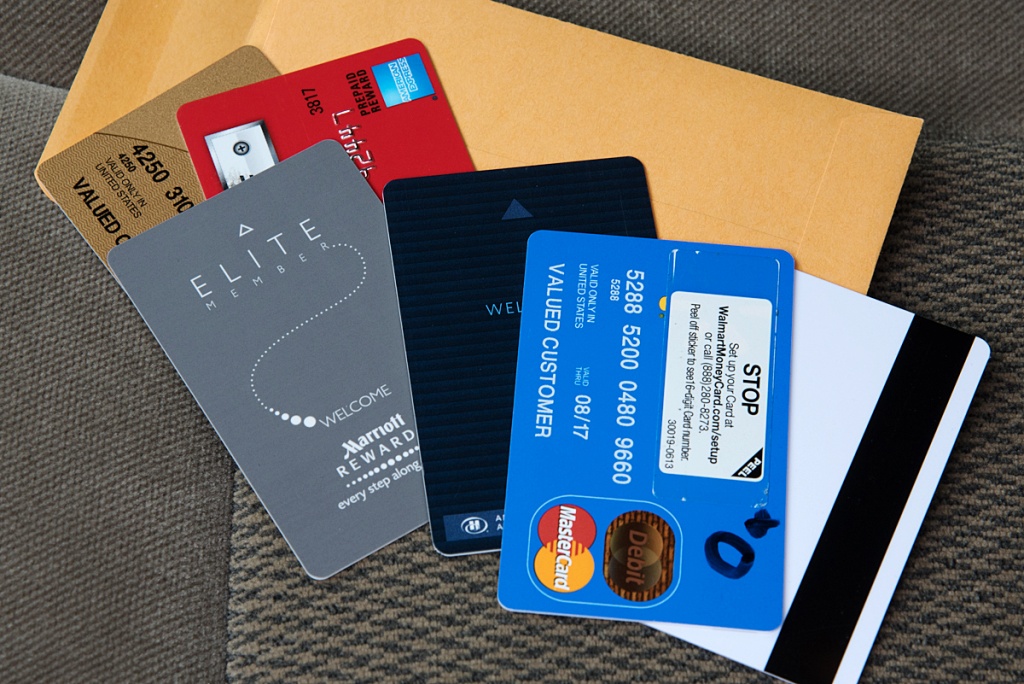
Since the original Electronic Recovery and Access to Data (ERAD) Prepaid Card Reader’s release in 2015, more than 900 agencies in 42 states, as well as in tribal and international communities, have successfully used the Department of Homeland Security (DHS) Science and Technology Directorate’s (S&T) ERAD Prepaid Card Reader. Law enforcement officers use the ERAD Prepaid Card Reader to determine if suspicious cards—bank credit and debit cards, retail gift cards, library cards, hotel keys, even magnetic-striped metrorail cards—are loaded with funds – and then freeze those funds to allow time to determine if the funds are from criminal activities.
“The ERAD Prepaid Card Reader provides a unique capability for law enforcement officers to quickly scan suspect cards with magnetic strips onsite to assist them with their investigations,” said S&T Program Manager Bill Deso. “Before ERAD was developed, law enforcement officers had no way to quickly obtain information about the stacks of suspect cards they routinely observed during their daily activities. This technology, developed by an industry partner in collaboration with DHS S&T, Homeland Security Investigations and other DHS component agencies, has been instrumental in the recovery of millions of dollars.”
“Having technology available that is affordable allows law enforcement officials to accomplish so much more than catching criminals that are laundering funds for drug deals, human trafficking or terrorism,” said John Thompson, Deputy Executive Director and Chief Operating Officer of the National Sheriffs’ Association, an ERAD proponent. “The ability for law enforcement officials to read the cards and freeze the funds on the spot is a significant benefit to the outcome of their investigation.”
Using the ERAD Prepaid Card Reader, law enforcement officials can swipe cards and put a temporary hold on the funds until a full investigation may be completed. The upgrade will allow even more agencies to take advantage of the technology.
The original, standalone ERAD Prepaid Card Reader leveraged a 2G cellular connection to allow law enforcement to check the balance of cards discovered during routine traffic stops and place a hold on funds pending investigations. The technology has since advanced with the evolution of communications, speeding up processing times and driving down overall costs. The standalone technology has now been upgraded so law enforcement in the field may simply use their smartphones and a mobile app to determine in seconds whether immediate action is necessary.
The newly-enhanced, more affordable technology is currently available in several portable forms: dedicated encrypted card scanners connected by Bluetooth or a phone’s headphone jack; a desktop USB swipe; and a website with an integrated mobile application. What once took 15 minutes to process now takes only 15 seconds.


